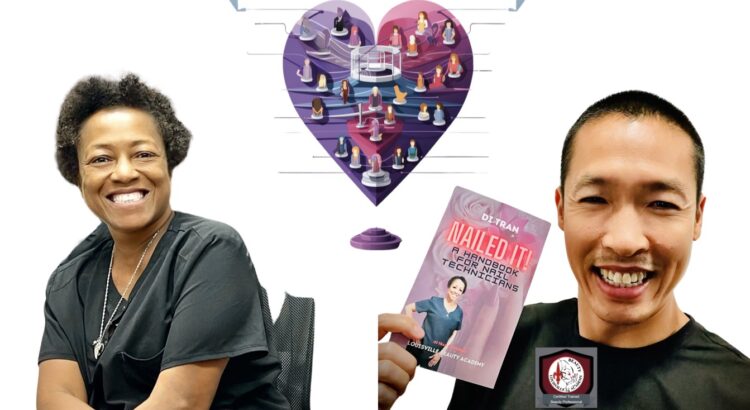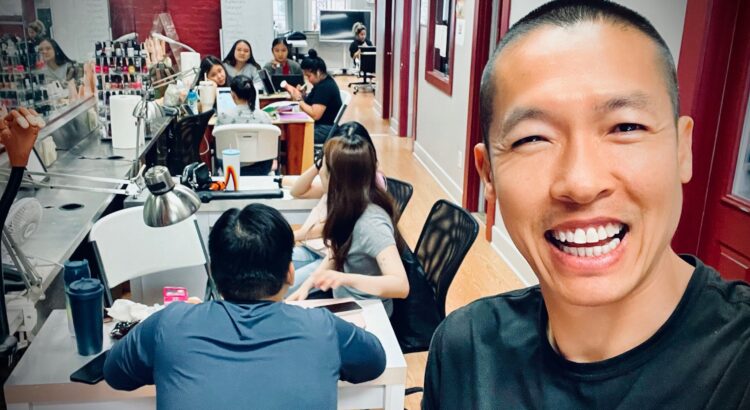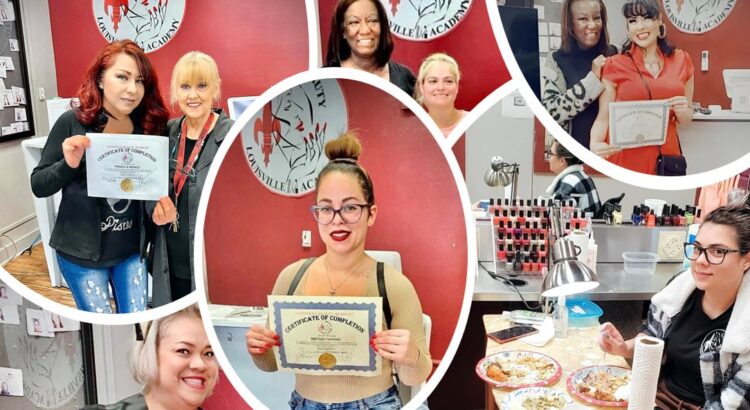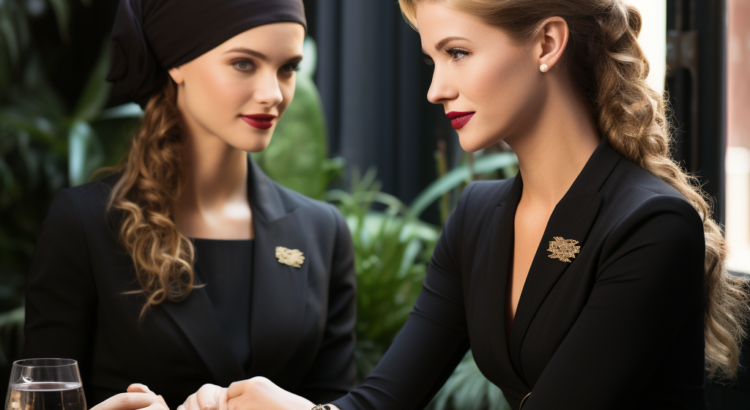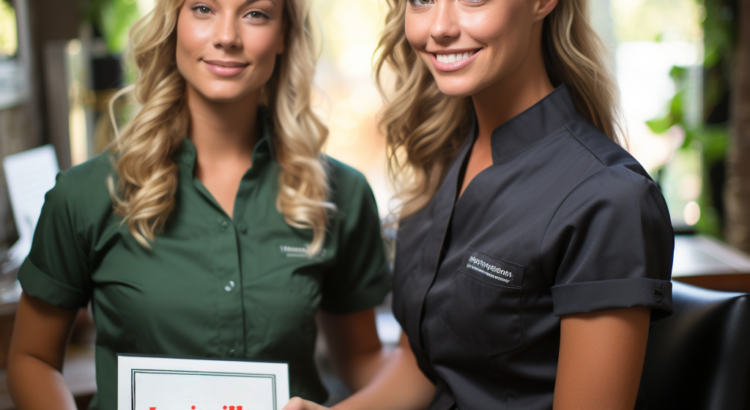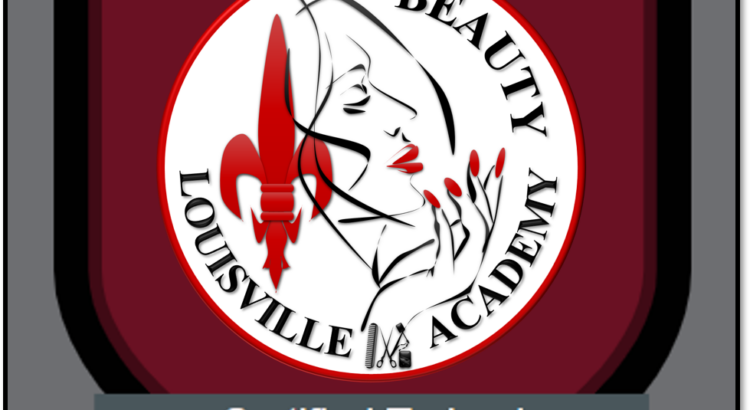In the heart of Louisville, there stands an institution that has not only elevated the beauty industry but has also championed the cause of elevating individuals from all walks of life. This institution is the Louisville Beauty Academy, a beacon of hope and empowerment for many.
Founded by Di Tran, a Vietnamese immigrant who arrived in the United States with no grasp of English and hailing from an underrepresented background, the academy’s foundation is deeply rooted in respect and value for individuals who come from underserved origins. Tran’s journey, from being dirt poor to establishing a thriving academy, epitomizes the American dream. More than business, for Tran, the academy is about actively serving and uplifting the community.
A significant driving force behind the academy’s success and ethos is Trena Waddles, an instructor with a heart full of compassion and a mind focused on service. Trena’s journey is as inspiring as the lessons she imparts. Having experienced a rough childhood marred by domestic violence and drugs, she credits a cousin, whom she fondly calls ‘aunt’, for steering her away from those troubled teen years. Today, she stands tall as a full-time beauty instructor at Louisville Beauty Academy and has even been featured on the school’s front cover book.
Beyond the realm of beauty, Trena’s expertise extends to step dance and community services. Her leadership in step dance teams, particularly in events like the Kentucky Derby, showcases her multifaceted talents. But what truly sets Trena apart is her altruistic endeavors, such as feeding the homeless and mentoring the youth.
Trena has a soft spot for the underserved population, particularly immigrants with limited English proficiency. Her goal? To help them not only learn beauty techniques but ensure they pass the Kentucky State Board exam, thus transforming them into licensed American professionals. This mission resonates deeply with Di Tran’s vision. As he often shares with Trena, “We are making American professional licensing individuals, not simply teaching beauty technique.”
The diverse student population at the Louisville Beauty Academy is a testament to its inclusive approach. From Black community teens, often grappling with overconfidence, to Asian students skilled in practice but facing language barriers in theory, to those juggling university education or night shifts at Amazon and UPS, the academy welcomes all. It’s a haven of respect, compassion, and hard work.
In Trena’s words, which mirror the academy’s ethos, “We love our students at Louisville Beauty Academy.” With leaders like Di Tran and Trena Waddles at the helm, the academy isn’t just about beauty; it’s about creating smiles, building confidence, and ensuring every individual gets a fair shot at success.
